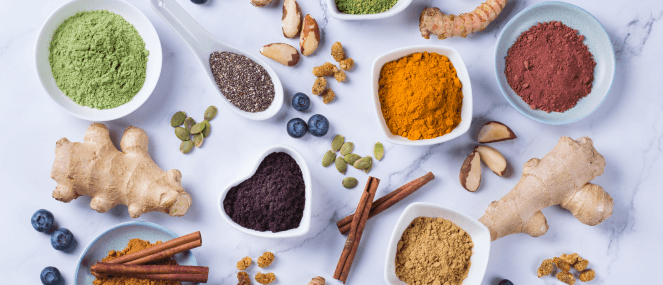
- Health hub/
- Stress relief & sleep support/
- ‘Living in the now’ made simple


Being fully present may sound like an easy ask, but for anyone who lives in the modern world, it’s just not—we’re surrounded by distractions from the moment we rise to the moment our heads hit the pillow. I caught up with Petrea King at this year’s Happiness and Its Causes conference, and she explained how it’s done:
RB: How can people who haven’t done any meditation or any sort of mind training learn to live in the now?
PK: Your mind is forever jumping months and years into the future, where it projects its fears, worries, concerns and anxieties. To be fully present, the simplest practice is to come to your senses. So be aware, moment by moment, of the weight of your body, whether you are sitting or standing, your posture, your touch and texture of your clothes, the air against your skin, the sounds in and outside the room. The more you practice coming to your senses, the more your body is always present. Doing this just for ten breaths is enough to bring us to a sense of calm and to quieten down the mind.
RB: So this is a little meditation you can do at any moment…
PK: It becomes a perpetual state, so that you don’t have to meditate in the morning and then squander that energy for the rest of the day. You learn to be present for the entire day, and then you will be as fresh at the end of the day as you were at the beginning because you are not carrying any of the stress from the previous encounter into the next encounter. So each encounter is complete and attended to because you have been there 100 per cent. And once a moment is attended to, it is complete—you put it aside and focus on the next thing.
RB: Where do you think people often go wrong when trying to become happy?
PK: Often people settle for so little, they settle for that fleeting happiness that comes through a new something, without ever really reaching that deeper happiness that is drawn out of connections, relationships and our willingness to embrace the present moment instead of always thinking it will lie at some future time when things are different.
How Petrea came to live in the now
“Suffering for me is one of the great catalysts for really addressing being present in the moment. Suffering focuses you right in on what are your priorities now—you find out who your friends are and immediately you know who you can turn to. It helps you to know exactly what isn’t important in your life any longer and you let the other stuff go.”




